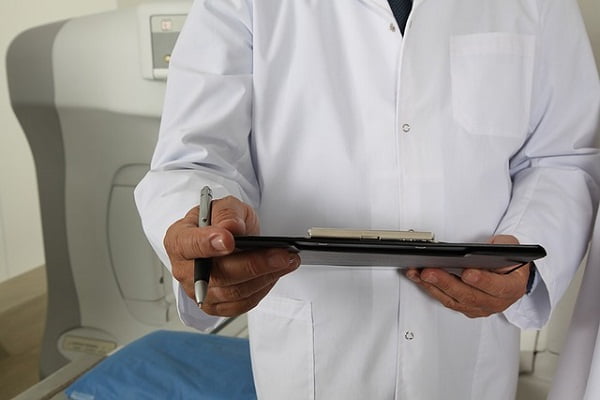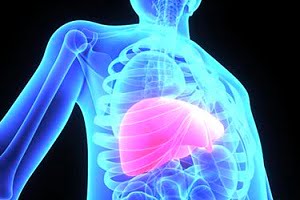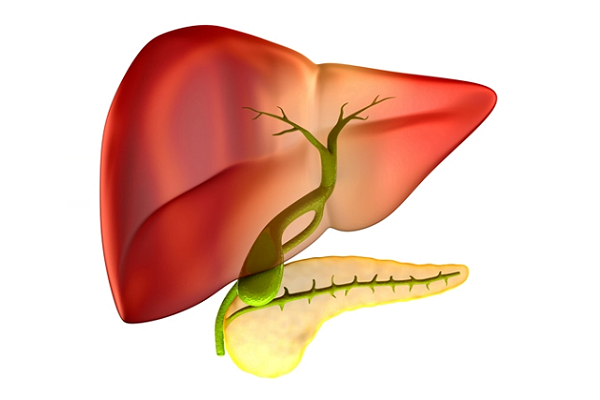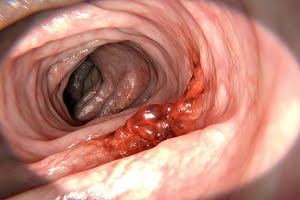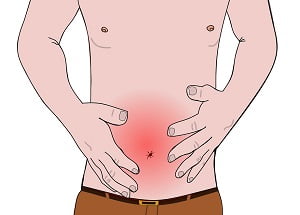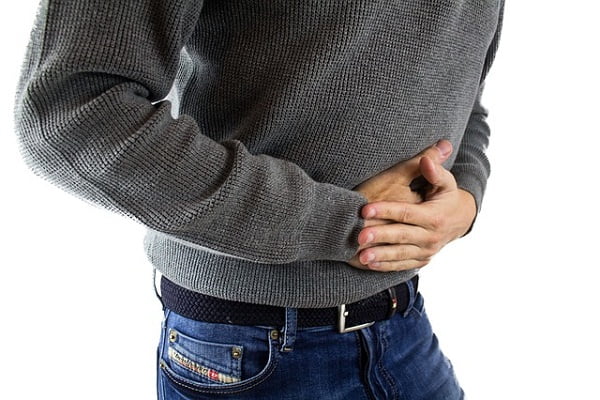Browsing: Digestive Health

The page provides quick access to a list of common gastro-intestinal tract diseases, syndromes, health conditions, and other topics of health importance. The list is organized alphabetically. Links are provided to respective diseases sections that serve as a comprehensive and ultimate guide about the disease or health condition.
Some people experience certain gastrointestinal (GI) symptoms on a regular basis, such as heartburn, indigestion/dyspepsia, bloating and constipation. These symptoms may occur due to various digestive problems. Depending upon the condition, the gastrointestinal disease (GI disease) may be acute or chronic. The best way to prevent occurrence of any such disease is exercising on a regular basis and have a healthy diet.
Healthcare professionals indicate such prevalent occurrence of gastric diseases throughout the world, across all age groups. This is due to improper diet, obesity, gastroenteritis, inflammatory bowel disease, various gastric cancers and ulcers. Some doctors believe that digestive disorders occur due to malabsorption disorders and lack of gastric microbiome in an individual.
Gastrointestinal disorders include conditions such as constipation, irritable bowel syndrome, diverticular diseases, colitis, piles, gall stones and colon cancer, which are extremely common. These lead to inefficient digestion and absorption of nutrients in the body, causing severe effects in growth and development of an individual. Constipation and irritable bowel syndrome (IBS) are two most widespread gastric diseases.
Exercise for Hemorrhoids
Exercise for hemorrhoids is one of the beneficial remedies to treat hemorrhoids. They maintain and prevent occurrence of hemorrhoids. Yoga and kegel exercises strengthen the pelvic and anal muscles of your body and provide long-term relief.
Non-Alcoholic Fatty Liver Disease (NAFLD): Tests, Stages & Treatment
The COVID-19 pandemic has brought about many changes across the globe. One of these changes involves placing more importance on…
Diarrhea: 8 Common Causes and How to Treat It
Did you know that diarrhea is the second leading cause of death in children under 5 years old? It’s a…
It is possible to develop gallstones without you having a gallbladder. The presence of gallstones in the common bile duct is known as choledocholithiasis. These types of stones can also be found in cystic duct and common hepatic duct. They are commonly known as bile duct stones or gallstones in the bile duct.
Hemorrhoids VS Colon Cancer – Is It Hemorrhoids or Colon Cancer?
Colon cancer (bowel cancer or colorectal cancer) and hemorrhoids are entirely two different things, but often produce similar symptoms such as blood in the stool in the beginning. Blood in the stool can be alarming, especially if you have never experienced it earlier. It may be an indication of some serious complication.
Food poisoning occurs due to the consumption of food contaminated by bacteria, viruses, or parasites. Some foods are more likely to cause food poisoning symptoms than others because they are more susceptible to bacterial growth.
Food poisoning is a condition that can occur in anyone who consumes food contaminated by bacteria, viruses, or parasites. Certain groups of people are at a high risk of food poisoning because they may have a low immune response or are in stressful conditions. These groups involve infants, young children, pregnant women, older people, and people with chronic diseases.
IBS Pain is the strongest symptom experienced by patients with irritable bowel syndrome (IBS). Most people with IBS experience continuous or frequent abdominal pain. The pain is generally accompanied with changes in your bowel movements such as diarrhea, constipation, etc. The pain may get worse after eating, and relieved after a bowel movement.
Diverticulitis Pain: Causes and How to Get Relief From It?
Symptoms of diverticulitis including diverticulitis pain may last from a few hours to several days. The pain occurs in the abdomen, usually in the lower left side of the abdomen, but may occur on the right side also. The pain is sometimes worse with movement. Doctors recommend physical activity and high-fiber diets to prevent diverticulitis.
Appendicitis Symptoms, Causes, Diagnosis, Treatments, Surgery, and Complications
Appendicitis is the inflammation of the appendix. The appendix is a small sac of tissue that is located in the colon in the lower- right abdomen. According to available statistics, in the United States, appendicitis is the most common cause of abdominal pain. About 5 percent of Americans will experience appendicitis some time in their lives.




